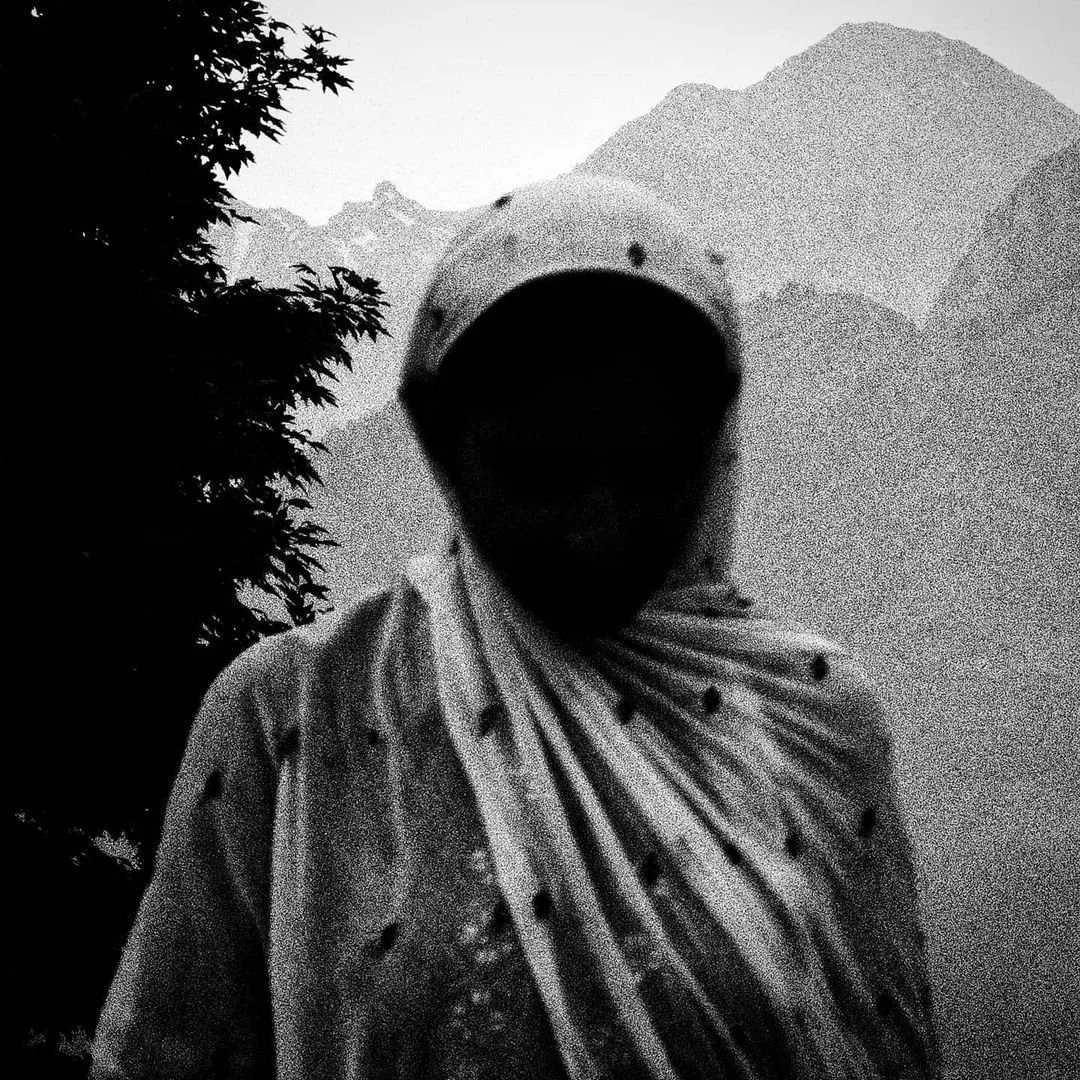
The collective heartbeat of the oppressed will always be louder than any missile strike, gunshot or bomb.
In Kashmir where the year has four clear seasons, my mother spoke of her childhood in the plains of Lucknow, and of that season in itself, the monsoon, when Krishna's flute is heard on the shores of the Jamuna.
While children run out into the alleys, soaking their utter summer, messages pass between lovers.
Heer and Ranjha and others of legends, their love forbidden, burnt incense all night, waiting for answers. My mother hummed Heer's lament but never told me if she also burnt sticks of jasmine that, dying, kept raising soft necks of ash. I imagined each neck leaning on the humid air.
She only said: the monsoons never cross the mountains of Kashmir.
- Agha Shahid Ali
Kashmir - 2019
Kashmir - 2019
Kashmir - 2019
Kashmir - 2019
Kashmir - 2019
Kashmir - 2019
In the valley where the Himalayas cradle the Earth, Kashmir's beauty bleeds under the heavy shadow of conflict. Verdant meadows and crystal lakes lie juxtaposed against the stark silhouette of barbed wire and watchtowers. The air, once filled with the songs of birds and whispers of ancient tales, now trembles with the echo of boots on cobblestone and the haunting silence of curfews. Blossoms of saffron and whispers of Chinar trees stand as silent witnesses to a land where dreams are buried beneath layers of history's scars and the relentless march of militarisation.
Here, the mountains weep with the souls of the lost, and the rivers carry the unspoken prayers of a people yearning for peace amid the relentless drumbeat of strife.
Kashmir - 2019
Kashmir - 2019
Kashmir - 2019
Kashmir - 2019
“Battles, kingdoms, dynasties...
Even religions taking on new avatars,
Yet the Jhelum flows on uncaring.”









